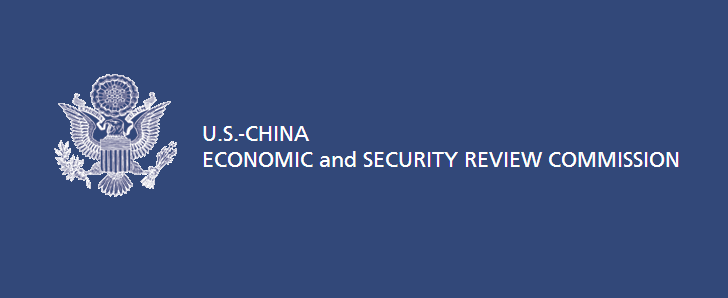S. Frederick Starr and Niklas Swanström testify at U.S.-China Economic and Security Review Commission
 On March 18, 2015, CACI-SRSP Chairman S. Frederick Starr and Niklas Swanström, Director of ISDP and a co-founder of the Silk Road Studies Program, both spoke at a Hearing of the U.S.-China Economic and Security Review Commission. Starr's prepared remarks, "Looking West: China and Central Asia", is available here; Swanström's prepared remarks, "China's Military Engagement with Afghanistan", is available here.
On March 18, 2015, CACI-SRSP Chairman S. Frederick Starr and Niklas Swanström, Director of ISDP and a co-founder of the Silk Road Studies Program, both spoke at a Hearing of the U.S.-China Economic and Security Review Commission. Starr's prepared remarks, "Looking West: China and Central Asia", is available here; Swanström's prepared remarks, "China's Military Engagement with Afghanistan", is available here.
CACI FORUM: Resolved: that Centripetal Forces in Central Asia and the Caucasus Today are Stronger than Centrifugal Forces, or soon will be
Tuesday, 29 April 2014
CACI Forum
"Resolved: that Centripetal Forces in Central Asia and the Caucasus Today are Stronger than Centrifugal Forces, or soon will be"
Since 1992 the price of sovereignty in Greater Central Asia and the Caucasus has been a decline in regional contacts and cooperation. Is this changing today? Rising leaders from the region will evaluate this crucial question and offer their prognoses for the future.
CACI Forum: U.S. Policy on Religious Freedom in Central Asia and the Caucasus: does it work?
Wednesday, 26 February 2014
CACI Forum
"U.S. Policy on Religious Freedom in Central Asia and the Caucasus: does it work?"
CACI Forum: IMF’s New Economic Outlook Report for the Caucasus and Central Asia and a Case Study on Armenia
Wednesday, November 20, 2013
IMF’s New Economic Outlook Report for the Caucasus and Central Asia and a Case Study on Armenia
CACI Forum: Lost Enlightenment: Central Asia's Golden Age
Wednesday, October 23, 2013
CACI Forum
Book: LOST ENLIGHTENMENT: CENTRAL ASIA'S GOLDEN AGE

